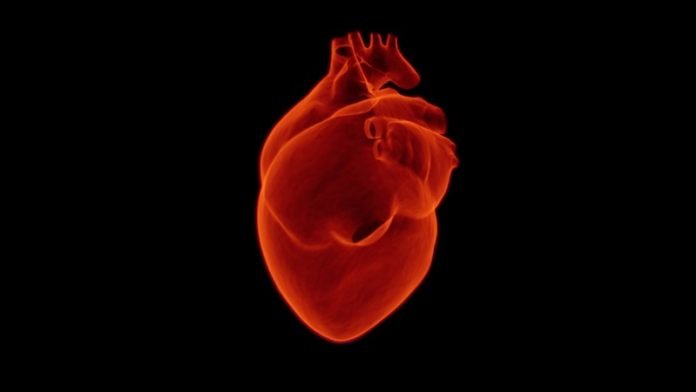
Cardiac arrest usually results from an electrical disturbance in the heart.
The disturbance could lead to a failure of effective pumping and thus a sudden loss of blood flow in the body.
Patients may experience shortness of breath, fainting, fatigue, dizziness and chest pain.
Because the condition can appear suddenly without any warning signs before it, it is usually called sudden cardiac arrest.
If left untreated, the condition can be life-threatening.
Research has shown that several things may cause sudden cardiac arrest and that people should pay attention to them.
Ventricular fibrillation (v-fib)
This heart condition can cause the most sudden cardiac arrest cases.
It is a type of heart rhythm disorder, in which the heart’s lower chambers (the ventricles) don’t beat normally. The heart can beat very rapidly and irregularly.
When this occurs, the heart pumps little or no blood to the body. Patients may die within a few minutes if not treated.
Changes in the heart structure
Research has shown that changes in the heart’s size or structure may influence its electrical system.
The structural changes are often caused by high blood pressure or advanced heart disease.
In addition, heart infections may cause structural changes in the heart.
Coronary heart disease
This disease is a condition in which a waxy substance called plaque builds up in the coronary arteries that supply oxygen-rich blood to the heart muscle.
Plaque can narrow the arteries and reduce blood flow to the heart muscle.
Eventually, an area of plaque can rupture and form a blood clot on the plaque’s surface.
A blood clot can block the flow of oxygen-rich blood to the portion of the heart muscle. This causes a heart attack.
During a heart attack, some heart muscle cells die and are replaced with scar tissue. The scar tissue can damage the heart’s electrical system.
When this happens, electrical signals may spread abnormally throughout the heart. This can increase the risk of sudden cardiac arrest.
Physical stress
Some types of physical stress may damage the heart’s electrical system. Such physical stress includes major blood loss, severe lack of oxygen, very low potassium or magnesium levels in the body, and intense physical activity.
Both potassium and magnesium play an important role in the heart’s electrical signaling.
During intense physical activity, the hormone adrenaline is released. This hormone can trigger sudden cardiac arrest in people who have heart problems.
Inherited diseases
One of the inherited disorders that may lead to cardiac arrest is arrhythmias. It could pass from parents to children through genes.
Another inherited disorder is long QT syndrome (LQTS), which is a disorder of the heart’s electrical activity. It makes people more likely to have heart rhythm problems.
People who inherit structural heart problems may have a higher risk of sudden cardiac arrest.
Copyright © 2019 Knowridge Science Report. All rights reserved.



